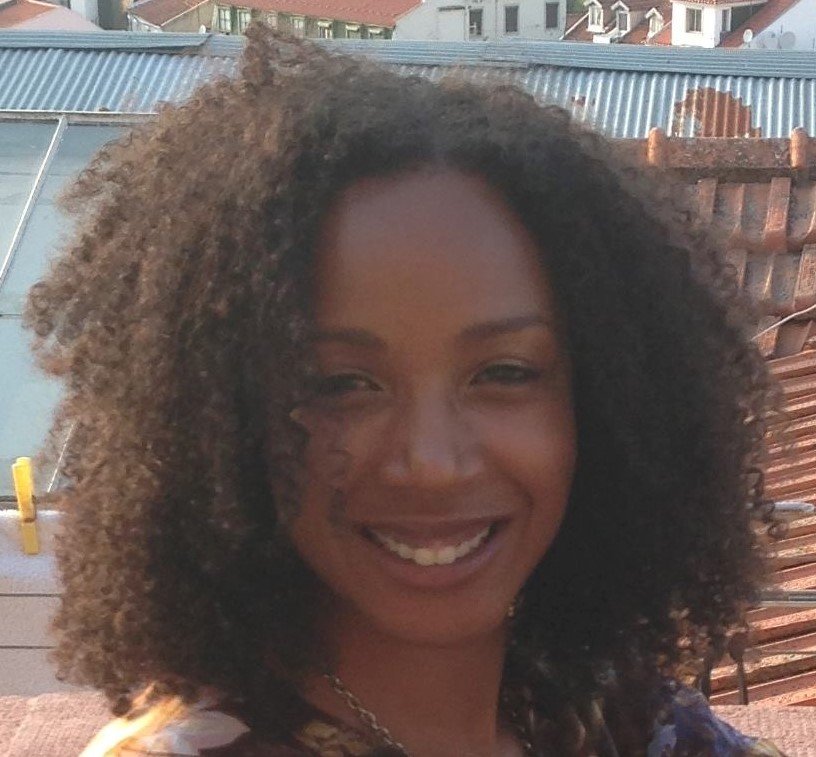Europe is arguably one of the most advanced regions in the world. As such, it becomes the dream destination of people from other cultures who want to advance their education, explore career opportunities, or simply build a new life for themselves and their families.
There is centuries long history of migration and immigration across Europe. However, even its role as a host to people from a wide range of cultures, Europe is not free from experiences of discrimination and other racial and gender-related issues.
In this article, we take a close look at some current experiences of Black women in this part of the world. How are European societies reacting to their presence? How do they feel in the context that they are in?
Black women are “victims” of the European standards of beauty
Like all cultures, Europeans have a set of ideals that define what is beautiful and visually pleasing. While this is evolving it often comes at the expense of anyone who is not white skinned, fair haired and eyes, or otherwise non-melanated.
Always visible, Black women in the region often find themselves to be totally at odds with this stated and manufactured ideal of beauty. While the average European may not be the one to blame for having such (mis)conceptions, the effects of such exclusion on Black women are real and alarming.
According to a study published in the Columbia Social Work Review, being excluded leads in part to self-hatred because of the individual’s perceived failure in meeting the established standards. This self-hatred, in turn, has ramifications not only on physical self-presentation but also on sexual behavior, self-esteem, work and scholastic performance, and many other life domains.
Because of this, there is now a need to address the self-hatred that is brought about by internalizing European standards of beauty. One of the strategies pointed out was facilitating clinical interventions for Black women in order to help them foster self-acceptance instead of hatred.
While that suggestion is valid and truly commendable, we must not stop there. There is also a need to assist the greater white populace to be more inclusive in their conceptions of beauty. It’s going to be a long process, but it’s necessary if we are to make better the life trajectories of Black women in the region.
Speaking of life trajectories, there is no question that people will eventually grow old. Hence, in addition to focusing on the welfare of the young, enough attention should also be given to the experiences of older Black women. Their retirement activities should also be ones that further their self-acceptance and instill in them the idea that they are an integral part of society.
Black women are inferior…or so some think
Beyond the physical, there are also reports that Black women in Europe experience being made to feel inferior to others around them. One particular woman feels that society tells her that she should be thankful for her achievements because, being a woman and Black, they were not achieved on her own merit but because of the compassion of others around her.
Beliefs like that are surely unfair and unfounded. But they really are out there, and they make such a huge impact on the lives of Black women. In fact, Black women’s mental health is negatively affected by these faulty belief systems.
This article is not at all written to ascribe blame. We voiced this so that the problems are brought to the surface. It is only when we acknowledge a problem will we be able to formulate sustainable solutions.



